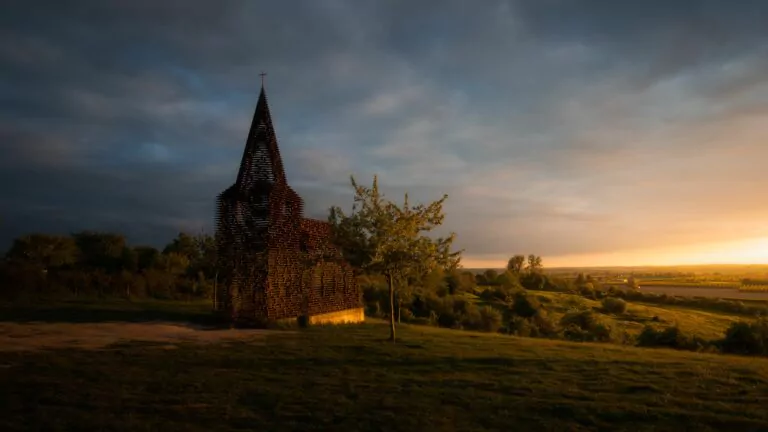A date that doesn’t mark independence
Contrary to what one might think, July 21 does not correspond to the date of Belgium’s independence. Independence was actually proclaimed much earlier, on October 4, 1830, following a popular uprising against the Kingdom of the Netherlands. However, this is not the date chosen by the authorities to celebrate the National Day.

